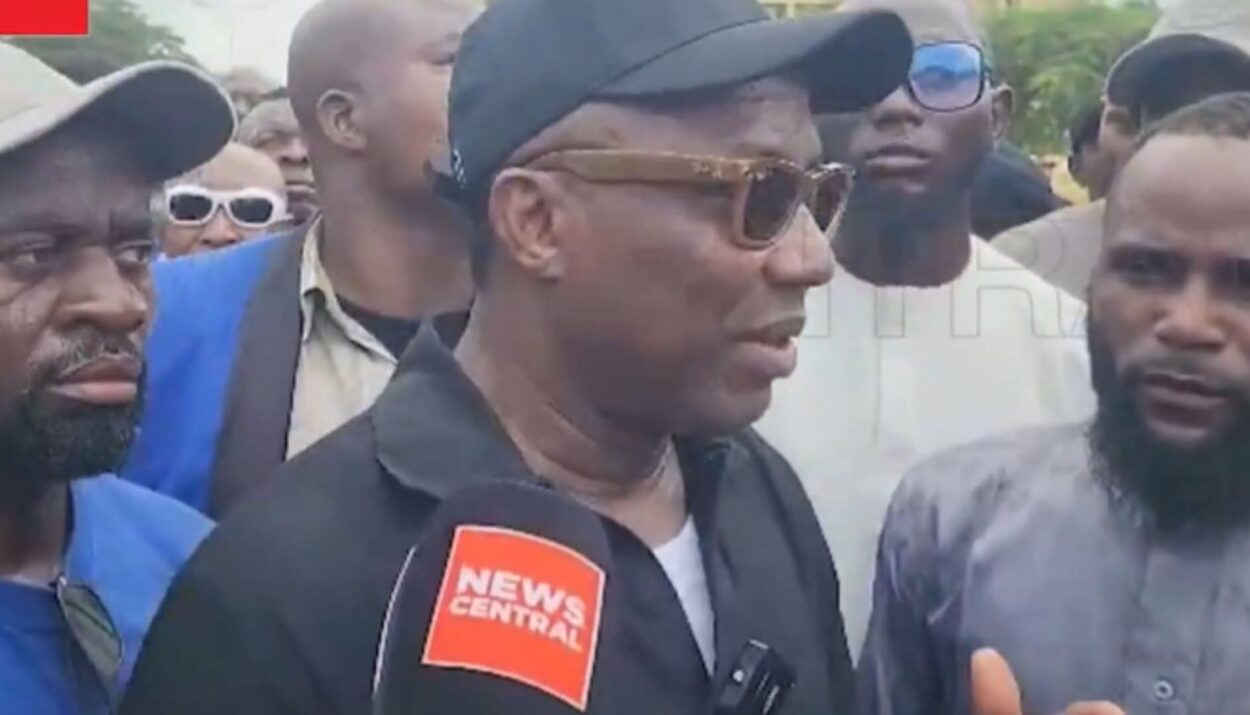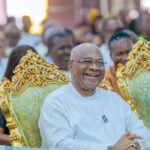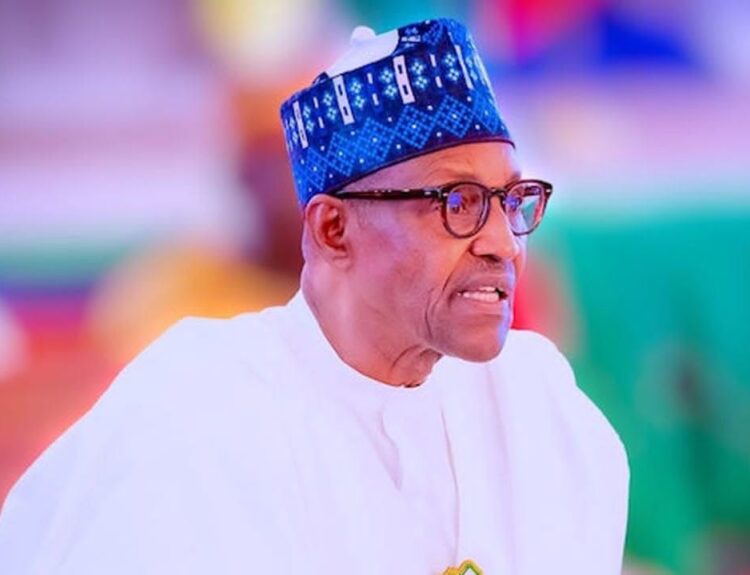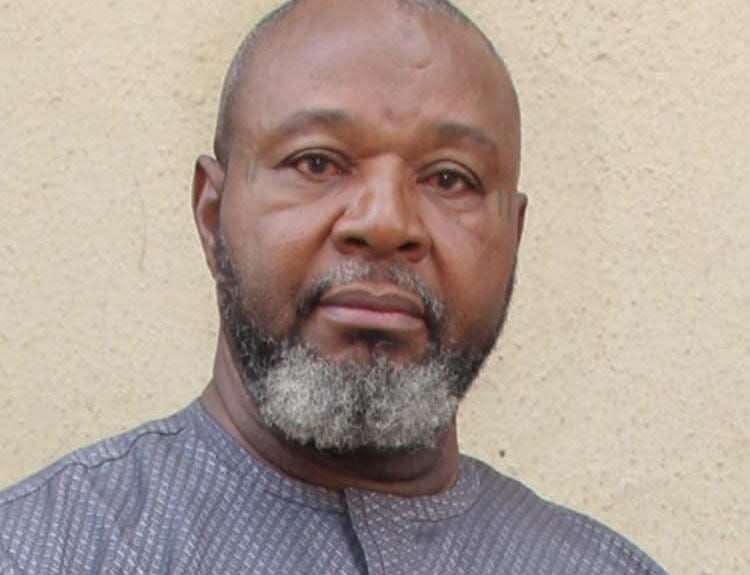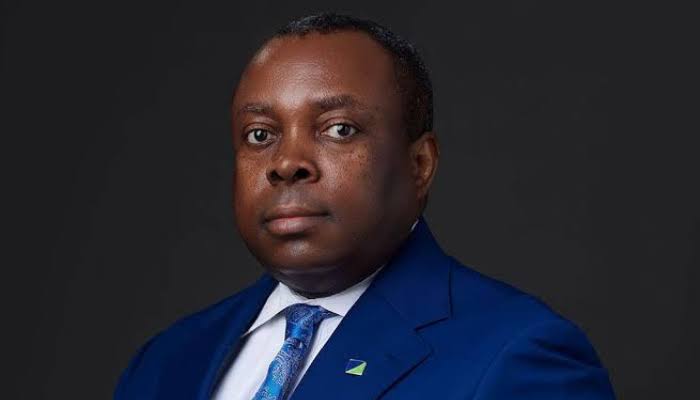By Emeka Omeihe Two separate events penultimate week, drew attention to the responses of Nigerian authorities to the festering multi-dimensional insecurity in the country. The first was the peace agreement brokered by the United States of America (USA) which ushered in a ceasefire and release of hostages in the two-year old war between Israel and Hamas.
Though Nigeria had no role in the agreement leading to the cessation of hostilities, albeit temporarily, Islamic scholar Sheikh Ahmad Gumi saw parallels between that event and possible solutions to the unabating banditry in the country. In a Facebook post, he had said, “Peace between Israel and Hamas they term as terrorist brokered by USA. Who said there is no peace with terrorists? Make peace with bandits and let us have peace”
The reading of that comparison is that, if Israel can enter into a peace accord with a known terrorist organisation like the Hamas, there is no reason the Nigerian authorities cannot work out a peace plan with the bandits and restore order in the country. There is some sense in it.
It is also suggestive of Gumi’s frustrations with the current military campaign against banditry. He did not disclose the shape of the peace proposal. But the fiery Islamic scholar is known to have at different times called for amnesty for the bandits to lay down their arms.
Engaging in peaceful negotiations with the bandits would seem plausible especially if issues to the conflict are clearly known. But do the bandits have issues to resolve with with the Nigerian state? If yes, what are those issues? I shall return to it.
The second is the proposed peaceful protest march to Aso Rock Villa on October 20, by rights activist and Publisher of Sahara Reporters, Omoyele Sowore for the unconditional release of Nnamdi Kanu, leader of the proscribed Indigenous People of Biafra (IPOB).
Though Sowore had some weeks back, made public his intention to galvanise support for the campaign, he has been visibly mobilising for the protest march. Available reports indicate that he has been securing the buy-in of some notable Nigerians including students’ bodies against the continued incarceration of Kanu in the past four years, despite the fact that no court of competent jurisdiction has found him guilty of any offence.
In a viral video in which he appeared with the special counsel to kanu, Aloy Ejimakor, among other activists, Soworo was seen querying the rationale for Kanu’s continued detention in the face of the clemency granted some categories of convicts among the 172 Nigerians pardoned for various offences. He is contending that if the heinous crimes committed by some of the convicts could be pardoned under the president’s prerogative of mercy, there does not seem further justification for Kanu not to benefit from such reprieve.
There is a convergence of views between Gumi and Sowore on the path to resolving the insecurity in the country. Gumi believes bandits could still be engaged to lay down their arms and embrace peace despite being termed a terrorist organisation. This to him, promises a better approach to ending the scourge of banditry that has left sorrow and awe in parts of the north west.
Gumi may have been led to this position by his knowledge of the bandits, given that a few years ago, he visited their camps in Zamfara forests where he interfaced with some of their leaders. Some of the bandits’ leaders who spoke during that visit cited cattle rustling, attacks by the military and being beaten up by the indigenous people of the state while on the road as their grievances.
Then also, Gumi had called on the federal government to grant amnesty to enable them lay down their arms and embrace peace. But that did not happen apparently because of the difficulty in deciphering their proper grouse with the government, except the military attacks to contain their menace.
But banditry has since metastasized with the government unable to contain the monster. This has compelled communities in some of the affected states to enter into some form of peace accords with the bandits for peace to reign. The most recent was the accord in the Subuwa Local Government Area of Katsina state in which traditional rulers and communities engaged directly with some of the bandits to foster dialogue and peace. Before now, a traditional ruler in one of the states was suspended but later reinstated for entering into similar peace accord with the bandits to allow local farmers access to their farms. Nobody can give a vivid account of the efficacy of such ad hoc peace agreements.
But their lure inexorably highlights the helplessness of the local people in the hands of the bandits. And in existential challenges like this, it is difficult to fault those entering into such agreements in the face of the inability of the governments to maintain law and order in the affected communities. When Gumi canvassed amnesty or peace accord with the bandits, he may have been guided by this reality.
It is clear the current military strategy in fighting banditry is not achieving the desired results. This calls for a reassessment of what banditry represents and how it differs from Boko Haram or the insurgency of the killer herdsmen.
With a clear understanding of its leadership structure and the cause the bandits are fighting for, the authorities can now figure out how Gumi’s suggestion of amnesty or peace accord with the group can fit in. But there is nothing wrong in exploring alternative solutions in the face of the near state of anarchy in those communities.
The case of the IPOB and Kanu is more straightforward in the sense that the leadership is identifiable and their cause known as well. But the grouse Sowore and all those rooting for the IPOB leaders’ release have is with his continued incarceration for over four year without conviction by the courts. Sowore argues that with some of the names that benefitted from presidential clemency, it has become difficult to find justifications for Kanu’s continued detention. He is on point.
He wants to achieve that objective through a protest march to the seat of the federal government. Expectedly, issues have been raised from government quarters regarding the propriety of such demands with the current court case in which Kanu is standing trial for alleged terrorism. Some other private individuals have even gone to the length of holding Kanu allegedly responsible for the killings in the south east following the insecurity that trailed the self-determination agitations. They would want the courts to sort out his case before the issue of pardon could arise. They are all entitled to their views.
But such antagonistic views fail to state how his conviction and possible jail will resolve the insecurity in the region, especially when weighed against the non-kinetic strategies of the same government to Boko Haram insurgency. Kanu has been in the custody of the DSS for over four years now and arraigned in various courts without being convicted.
There is nothing preventing the committee on the prerogative of mercy from recommending his release among the 172 persons granted presidential clemency. There is also nothing preventing the president releasing him in the overall national interest if he decides to do so. If four years of detention and trials could to resolve the insecurity in the south east, it remains to be conjectured what a jail term can do.
So, we should be saved the sophistry of allowing the courts to run their full course. Or is it no longer a cardinal principle of law that justice delayed is justice denied?
Besides, the demand for a political solution to the Kanu saga is not new. Nearly everybody that matters in the south east had at various times lent their unequivocal voices for the release of Kanu to deny oxygen to the band of criminals hiding under IPOB to commit crimes.
The Ohaneze Ndigbo sent delegations to the immediate past president to give guarantees for his freedom. But the most touching was the delegation led by first republic minister and elder statesman, Mbazulike Amechi, to late president Buhari on the eve of his 94th birthday in 2022 pleading for the release of Kanu to him as a birthday gift.
“There is only one key solution to the killings in Igboland now and that is the release of Nnamdi Kanu. If that young man is released, you will see all these criminals claiming to be agitating for Kanu… while their real intention is to rob innocent people will go into hiding” he had pleaded with Buhari. He also asked the late president to hold him responsible and arrest him (Amechi) if Kanu misbehaves after his release.
Nothing came out of it only for the same former president to shower encomiums at the passing on of the late elder statesman shortly after. So, the demand for the release of Kanu as solution to the insecurity in the south east is nothing new. His court case did not stop demands for a political solution in the past. Neither will it in the present circumstance.
There is nothing wrong in Kanu benefitting from the presidential clemency as part of the solutions to the insecurity in the south east. The parallels drawn by Gumi and Sowore should not be wished away. Not with subsisting challenges in containing the nation’s insecurity.


